This looks like such an easy problem but still can't figure it out. How do I prove ¬(¬a = a)?
No given premises.
I got this so far (in Fitch):

This is a subproof where I assume the negation of my goal and then try to reach the absurd/contradiction so I can state the negation of my assumption, which would be my goal.
Thanks in advance!